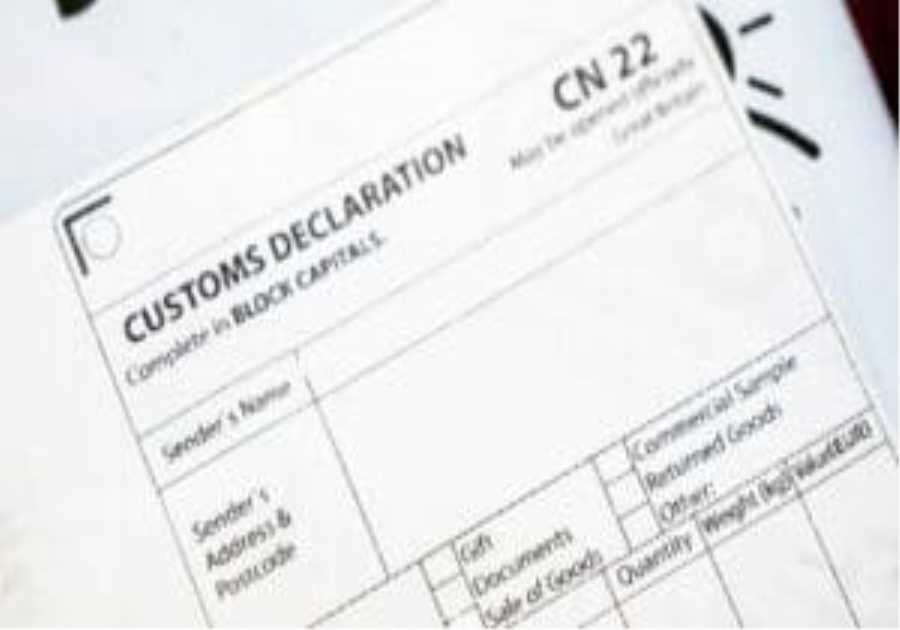Moneypenny’s head of the finance sector Louise Wilson explains why telephone confidentiality should be front of mind.
Picture the scene: a receptionist in an accountancy practice takes calls at a front desk with a seating area beside them. Sitting in this space means it’s entirely possible that you might hear the telephone conversations being made or received – including who the receptionist is talking to, who they are transferring calls to and which services the caller might need, perhaps insolvency support, audit expertise or tax advice.
Overhearing a conversation can be completely accidental, but it can also put the accountancy firm in a difficult spot, especially since the introduction of GDPR (General Data Protection Regulation) which has made all businesses more aware of just how crucial confidentiality and data protection is to regulators, business and clients alike.
Louise Wilson heads the finance sector at Moneypenny, which provides telephone answering and live chat support to hundreds of financial services and accountancy businesses in the UK.
Here she explains why firms must ensure client confidentiality isn’t compromised due to poor phone etiquette.
She says: “The ICAEW1 advises that accountancy firms follow confidentiality guidelines and ethics as standard to ensure client information remains strictly private.
“Open offices and visitors waiting in reception mean conversations can be widely heard, and whilst it’s likely not done on purpose, confidentiality can be compromised. Something as simple as announcing a caller’s name as they’re being put through can increase the chance of private information being overheard by others.
“While most people may not do anything with that information – others might. No one likes the idea of a competitor overhearing that you need insolvency advice or for someone you know to be privy to your private matters. And if you’re the one sat in reception listening to all this, it will make you question the firm’s commitment to privacy and confidentiality altogether.
“Privacy is hugely important for clients and a lapse in good practice can cost both clients and reputation.”
Disclosing client names and details
Simple details like taking a client’s name or business name, who they wish to speak to or even the nature of their call such as insolvency, tax advice or audit support can be considered confidential information that they might not want others to know.
Whilst it’s important to note this information for records and keep it safe, saying these details out loud in a public and open office could compromise privacy; especially as regular clients or members of the public might end up privy to information they shouldn’t.
It can be tempting to take as much information as possible from a client over the phone, but GDPR calls for businesses to minimise the amount of information they collect. If you’re noting down more data than you need from a client, you could be in violation of GDPR and put yourself at risk of data leaking simply because there is more of it. The only data that should be collected is what is considered necessary for conducting business with clients.
Protecting client confidentiality
Keeping details private is one of the most important responsibilities of financial services businesses. In fact, it is one of the fundamental parts of the ICAEW code2, which calls for those in accountancy to “respect the confidentiality of information acquired as a result of professional and business relationships and should not disclose any such information to third parties without proper and specific authority unless there is a legal or professional right or duty to disclose”.
Louise offers some advice for accountancy firms to keep client confidentiality front of mind and comply with both the ICAEW code and GDPR guidance: “Ensuring staff know how to handle calls discreetly and to transfer or take messages without sharing too many details can avoid potential breaches from happening. Simple measures can include asking call handlers not to repeat sensitive data when taking notes, moving those answering calls away from spaces the public has access to, and changing phone practices so that calls are put through without being announced.
“Additionally, using a third-party answering service that isn’t based in your office is also very effective. This means all calls are handled off-site by trained professionals so there’s no danger of visitors to the office overhearing private calls. It also frees up in-house receptionists and front-of-house professionals to concentrate fully on delivering great client care and hospitality to those visiting, as well as helping with wider office duties.”
Louise adds: “Accountancy firms know how important it is to keep sensitive financial data private, but many probably haven’t considered what information can become public simply by being overheard. Ensuring privacy is not only key to complying with a variety of financial guidelines but also crucial to showing clients that you respect, value and protect them. That’s how you create the most positive and professional client experiences.”
Moneypenny provides telephone answering and live chat services to hundreds of financial services businesses and is trusted by the UK’s top accounting firms, including five of the top 30.
Established in 2000, Moneypenny is the world’s market leader for Telephone Answering, Live Chat, Outsourced Switchboard, and customer contact solutions. More than 21,000 businesses globally benefit from Moneypenny’s mix of extraordinary people and ground-breaking technology.
For more information, visit https://www.moneypenny.com/uk/accountancy-answering-services/
The post The danger of overheard conversations appeared first on Accounting Insight News.
------------Read More
By: Moneypenny
Title: The danger of overheard conversations
Sourced From: www.accountex.co.uk/insight/2023/09/29/the-danger-of-overheard-conversations/
Published Date: Fri, 29 Sep 2023 07:25:19 +0000
Did you miss our previous article...
https://trendinginbusiness.business/finance/what-is-vehicle-downsizing
.png)





